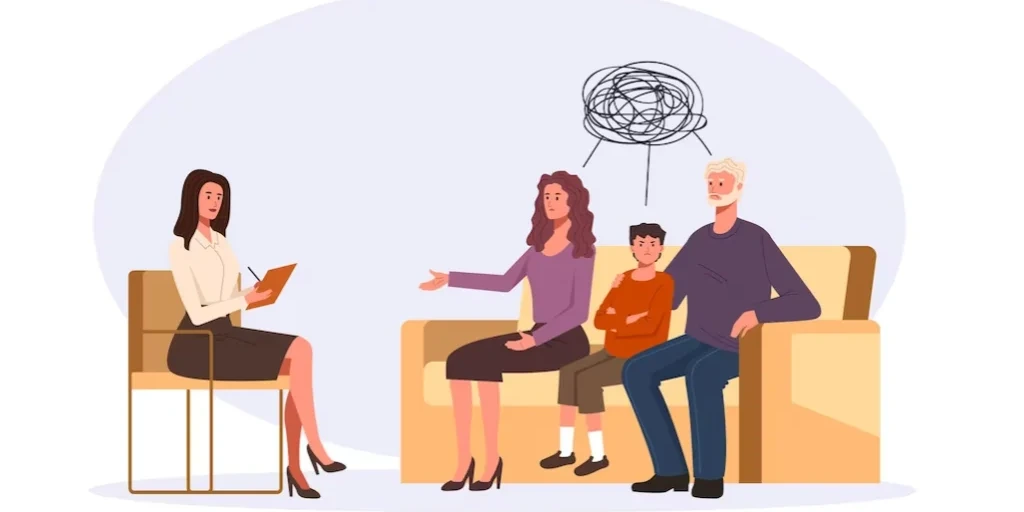24/7 Helpline:
(866) 899-221924/7 Helpline:
(866) 899-2219
Learn more about Bipolar Disorder Treatment centers in Bossier County
Bipolar Disorder Treatment in Other Counties

Other Insurance Options

Holman Group

State Farm

BlueCross

Choice Care Network

WellPoint

American Behavioral

UnitedHealth Group

Health Net

UMR

Lucent

CareFirst

Providence

Ceridian

Private insurance

WellCare Health Plans

MHNNet Behavioral Health

Magellan

Covered California

Sliding scale payment assistance

Humana

CADA Bossier Treatment Center
CADA Bossier Treatment Center is a CARF-accredited substance abuse rehab for adolescents and adults....

AppleGate Recovery
AppleGate Recovery offers medication assisted programs for individuals with opiate addiction. AppleG...
























Red River Behavioral Center
Red River Behavioral Center is a private rehab located in Bossier City, Louisiana. Red River Behavio...

Council On Alcoholism
Council On Alcoholism is a private rehab located in Bossier City, Louisiana. Council On Alcoholism s...

Bossier Rehabilitation and Fitness
Bossier Rehabilitation and Fitness is a private rehab located in Bossier City, Louisiana. Bossier Re...

Red Oak Counseling
Red Oak Counseling is a private rehab located in Elm Grove, Wisconsin. Red Oak Counseling specialize...












































































































